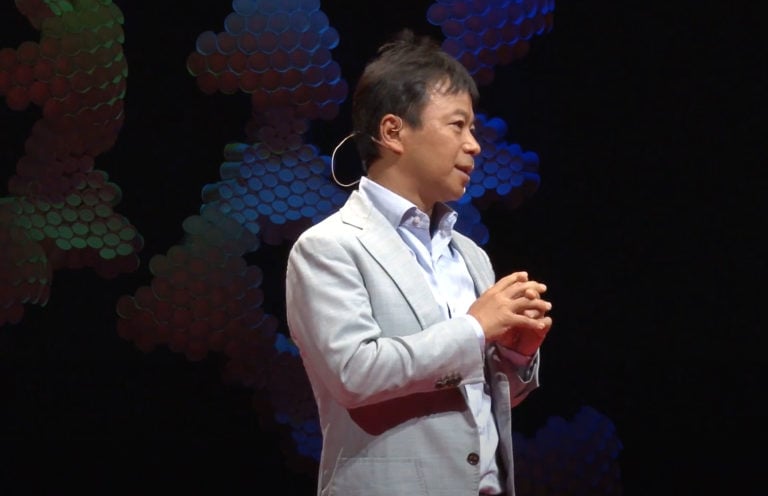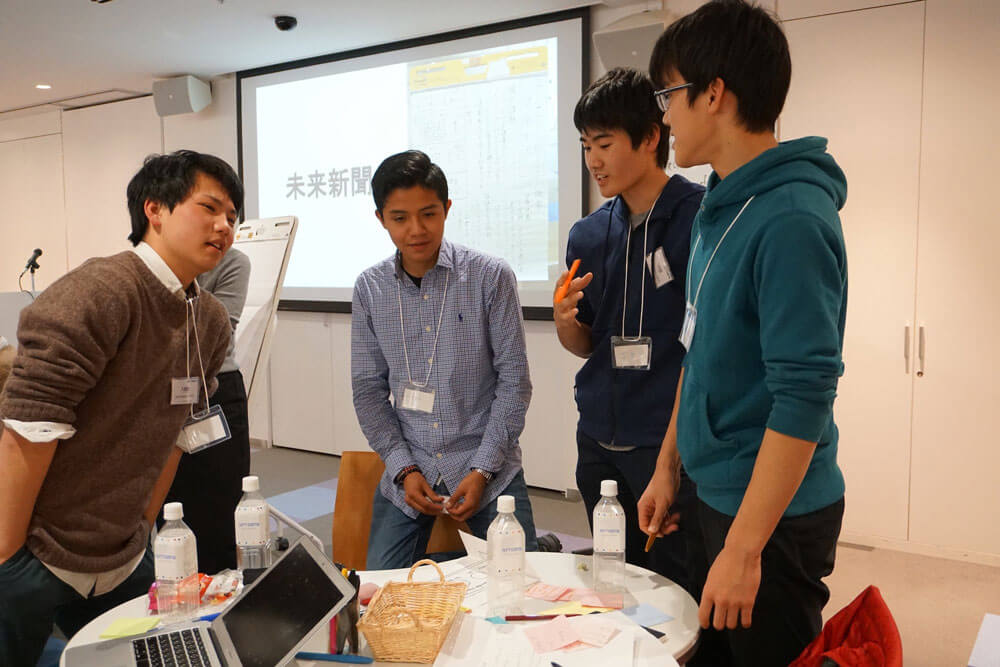
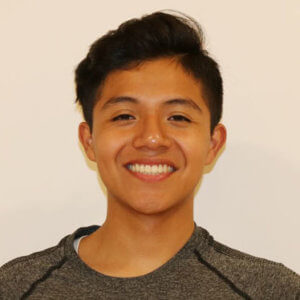 Written by Eduardo (Class of 2020, Mexico)
Written by Eduardo (Class of 2020, Mexico)
In today’s hectic economy, we can no longer rely on traditional educational systems. Regardless of the tremendous technological revolution the world is going through, we don’t get to see its implementation in the classrooms. It is of our deepest interest to explore more ways in which Information Technology (IT) can be applied in schools as it will make students’ and teachers’ lives much easier while transforming the learning process into a more enjoyable one.
On 3rd of February, we attended an ITxEducation workshop in Tokyo. The event was hosted by NTT (Nippon Telegraph and Telephone Corporation) Data, one of Japan’s leading communication companies that was once a government-owned organization. NTT Data has been prospecting for learning technology to expand its business in the IT field. This event was an attempt to engage high school students in determining how to use IT to improve the quality of education. The workshop was also co-hosted by Tyotto, a venture company that mobilizes university students by providing workshops.
We were joined in the competition by high school students from areas in and around Tokyo. During the event, we were divided into teams of 4 to 5 members, where Yutaro (Class of 2019, Japan) and Suman (Class of 2019, Nepal) were in one team whilst I was in another with Futatsu (Class of 2019, Japan). As a foreigner, I learnt so much about Japanese youth’s willingness to improve the status-quo and how aware they are about the problems in their educational system. Some issues brought up by my peers were the strong reliance on rote memorization, as well as the lack of practical skills development in the curriculum.
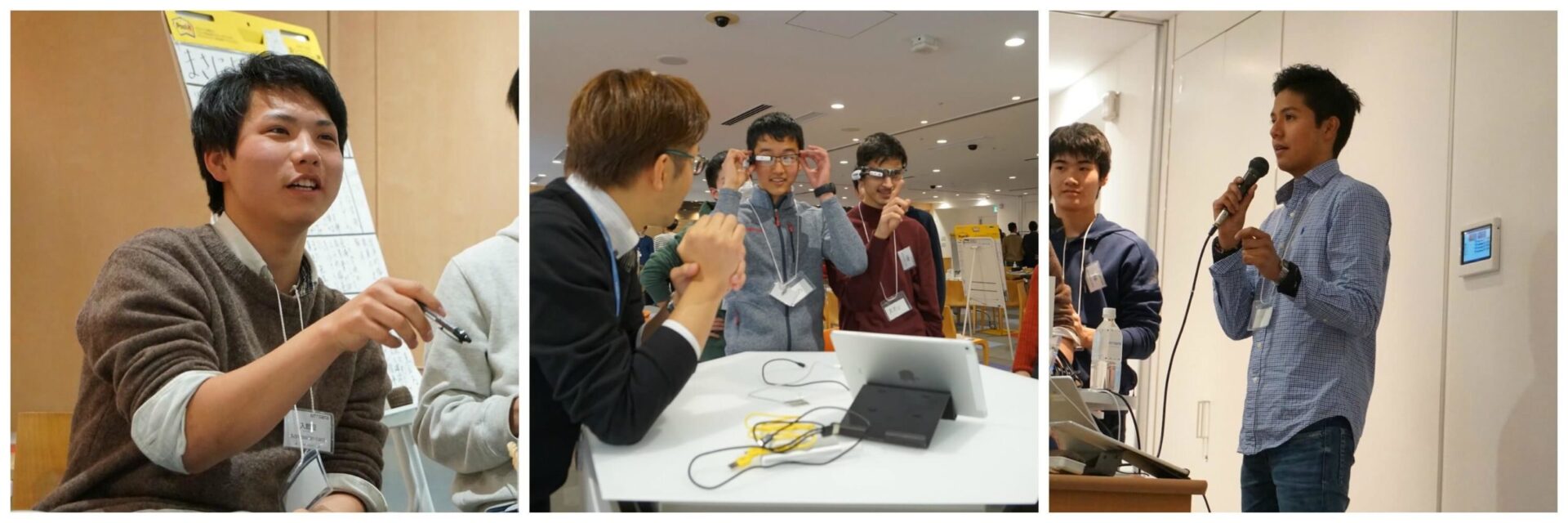 My team thus proposed a way to detect students’ and teachers’ most productive time with already existing sensors in the market. The objective of the idea was to load the most challenging tasks and subjects in the time intervals where we were more “awake”, which would allow us to create a more personalized and ultimately productive system.
My team thus proposed a way to detect students’ and teachers’ most productive time with already existing sensors in the market. The objective of the idea was to load the most challenging tasks and subjects in the time intervals where we were more “awake”, which would allow us to create a more personalized and ultimately productive system.
Meanwhile, Suman and Yutaro proposed the idea of using crypto-currency in education as an incentive model for students. Their idea was well-received not just by the hosts, but also by other participants, who asked a slew of great questions such as whether the edu-currency model would be inflated, or if an education system incentivized by edu-currency is beneficial in the long-term.
The organizers liked their proposal so much that they created a special prize on the spot! Yutaro and Suman alongside their two other teammates will be collaborating with innovators from NTT Data, who coincidentally were working on a similar idea, to possibly create this edu-currency system.
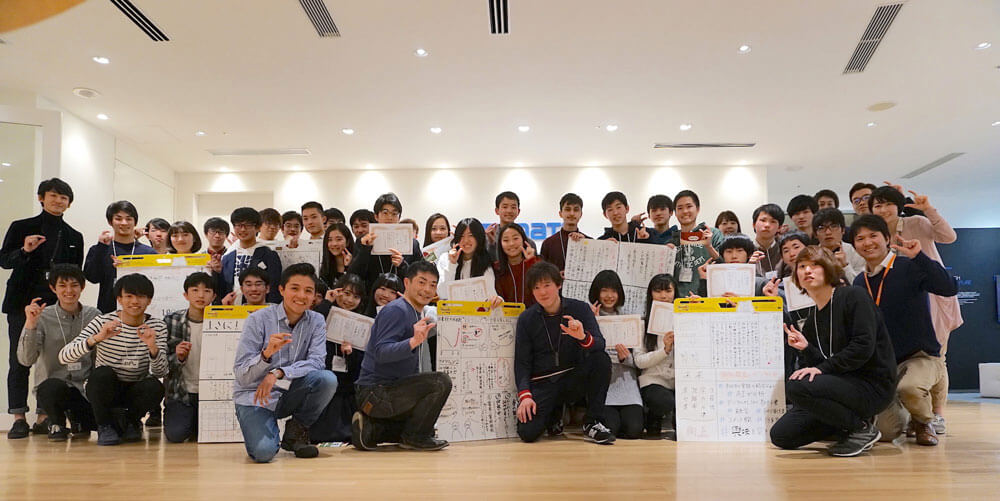
All in all, we had an insightful session where we could become more knowledgeable about ways to apply those already-existing futuristic artifacts taken out of science fiction movies and incorporate them into our daily lives. We would like to express our huge gratitude towards Mr. Hinton for giving us this spectacular opportunity, and also to UWC ISAK Japan for sponsoring this incredibly fruitful trip to Tokyo!

